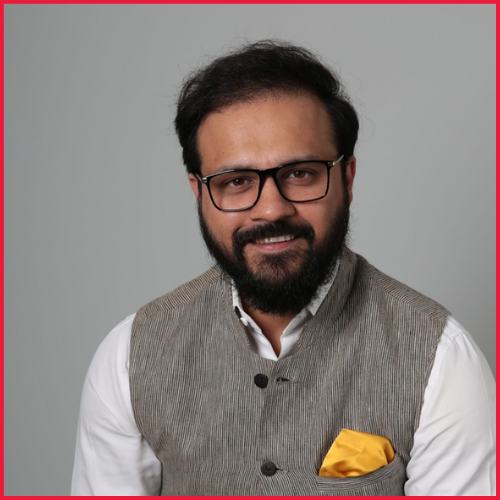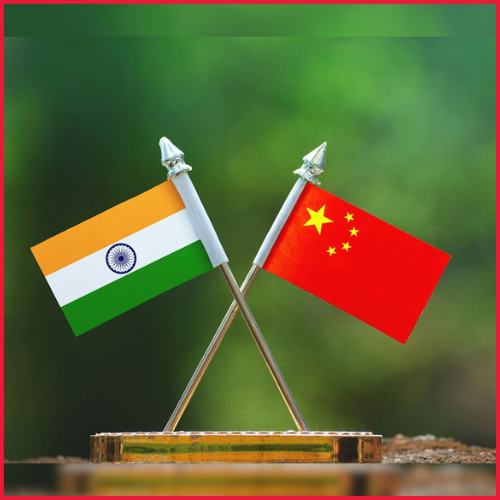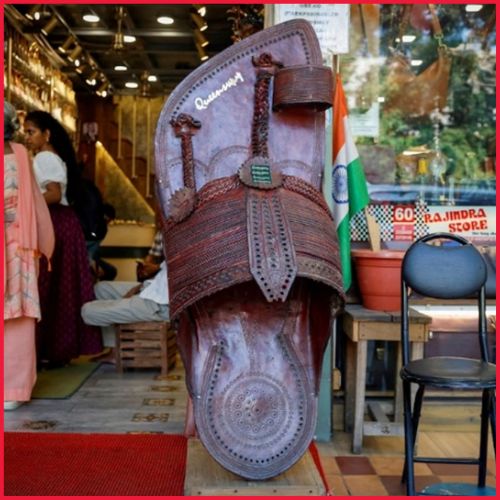The government reintroduced a proposal to change the rules that govern social media companies, including a plan to create a new government-appointed committee that experts say will effectively make the final decision on what content remains on Twitter and Facebook.
The regulations for social media companies took effect on May 26, 2021. It required large social media platforms such as Facebook and Twitter to identify the “first originator” of information that threatens India’s sovereignty, state security, or public order.
The central government intends to form an appellate committee to hear appeals filed by individuals against the decisions of social media platform grievance officers. According to a notification to amend the Information Technology (Intermediary Guidelines and Digital Media Ethics Code) Rules, 2021, the panel must rule on the appeals within 30 days of receiving them, and its decision will be binding on the intermediaries or large social media companies involved.
The proposed move is significant in light of instances of accounts, including celebrity accounts, being blocked by social media platforms like Twitter for alleged violations of respective community guidelines.
“The central government shall constitute one or more Grievance Appellate Committees, which shall consist of a Chairperson and such other Members as the central government may, by notification in the official gazette,” the draft notification stated.
An official statement on Monday stated that the government’s proposal to establish a grievance panel with the authority to override decisions made by social media companies and other internet firms is intended to address some infirmities and gaps caused by large technology companies.
The Ministry of Electronics and Information Technology (Meity) announced in a press release attached to a reloaded draft notification to amend the Information Technology (Intermediary Guidelines and Digital Media Ethics Code) Rules, 2021, that the proposal will be subject to public consultation in mid-June.
It has also extended the time for public comments on the draft notification to amend the IT Rules, 2021 by 30 days, beginning June 6.
The draft notice dated June 1 stated that the deadline for public comments was June 22. Meity removed the draft on June 2nd and re-posted it on its website.
Meity stated that on February 25, 2021, it notified IT Rules, 2021, with the goal of ensuring an open, safe, trusted, and accountable Internet for all Indian internet users and “Digital Nagriks.”
Significant social media intermediaries, defined as those with more than 50 lakh users, are required by the rules to appoint a grievance officer, a nodal officer, and a chief compliance officer. These employees must be Indian citizens.
Because they dominate the segments in which they operate, the social media firms covered by the rules are also classified as “Big Tech” companies.
According to Meity, the notified rules have succeeded in instilling a new sense of accountability among Intermediaries to their users, particularly within Big Tech platforms.
“However, as India’s digital eco-system and connected Internet users grow, so do the challenges and problems they face, as well as some of the flaws and gaps in the current rule in relation to Big Tech platforms. As a result, new amendments to the IT Rules 2021 have been proposed to address these challenges and gaps “According to the statement.
A grievance appellate committee will investigate appeals filed by individuals against decisions of social media platform grievance officers.
Furthermore, the panel is required to rule on the appeals within 30 days of their receipt, and its decision is binding on the intermediaries or large social media companies involved, according to a notification to amend the Information Technology (Intermediary Guidelines and Digital Media Ethics) Act.
Within 30 days of receiving the order, the aggrieved party may file an appeal with the committee against the decision of the grievance officer in question.
“The Grievance Appellate Committee shall deal with such appeal expeditiously and shall make every effort to finally dispose of the appeal within 30 calendar days of receipt of the appeal.” The draft notification stated that “every order passed by the Grievance Appellate Committee shall be followed by the concerned intermediary.”














